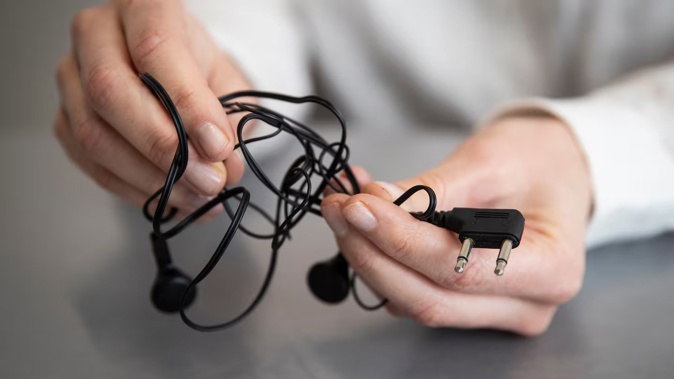

Disabled workers earning as little as $2 an hour still “often” make the equivalent of the minimum wage after a benefit top-up, according to Aotearoa Disability Enterprises (ADE).
Such workers – mostly with intellectual disabilities – have been at the centre of a political stoush after the Government dumped a programme under the previous Government to top up their pay to the minimum wage (currently $23.15 an hour) from next year, saving $56 million over five years.
The workers’ employers have exemptions to pay below the minimum wage – with some earning as low as $2 an hour – which was the focus of a heated exchange between Social Development Minister Louise Upston and Opposition MPs at a recent select committee hearing.
Upston defended the move, saying it was better than those workers losing their jobs, prompting Labour and Green MPs to ask how that was possible given it was a subsidy programme that shouldn’t impact costs to the employer.
Upston invited Opposition MPs to ask ADE, the national representative charity connecting 900 disabled people with jobs via 12 disability enterprises across the country, such as Selmes Garden Centre in Blenheim or Recycle South in Invercargill.

Social Development and Employment Minister Louise Upston announces new measures to reset the welfare system at a post-Cabinet press conference at Parliament in February. Photo / Mark Mitchell
ADE told the Herald the workers “often” earned the equivalent of the minimum wage already but didn’t confirm Upston’s claim that they would lose their jobs if Labour’s policy had gone ahead.
“Our employees have two sources of income: the wages they earn from their employer coupled with a government Supported Living Payment (SLP), their total income comprising part wage and part benefit, which often equates to greater than minimum wage,” said ADE deputy chairman Geoff Kemp.
“This scheme allows us as employers to pay wages based on the level of support the individual needs (levels of care, safety, and supervision) and considers varying levels of industrial capability.”
He said it was a human right to be paid equal remuneration for work of equal value, and the current system enabled that. “It is a vital incentive to employers that allows work to become a reality for people with an intellectual or similar disability.”
Kemp shared correspondence with the Ministry of Social Development following Labour’s announcement of the policy – in Budget 2023 – to provide an insight into the complexity of the issue.
The ministry gave non-specific reassurances to questions around how the scheme would work including how workers would be assessed, how employers would be represented, and whether anyone – including employers and employees – would be worse off.

Green MP Ricardo Menéndez March. Photo / RNZ
Kemp said ADE had engaged with the previous Government on its Budget 2023 policy, and was now working with the Coalition Government “on its approach to achieving the best outcomes for people with neurodiversity”.
During the recent Social Services and Community select committee hearing, Green MP Ricardo Menéndez March challenged Upston to justify a disabled person being paid $2 an hour for “minimum wage work”.
Upston noted the additional welfare support for those workers, and replied the low pay was better than the workers losing their jobs, as they were people who “would clearly produce less an hour than someone else”.
That prompted Menéndez March to accuse Upston of an “almost eugenic-type definition of productivity”, which Upston dismissed with a scoff.
Derek Cheng is a senior journalist who started at the Herald in 2004. He has worked several stints in the press gallery team and is a former deputy political editor.
Take your Radio, Podcasts and Music with you








